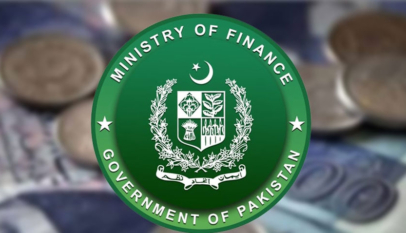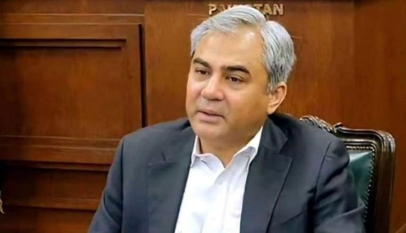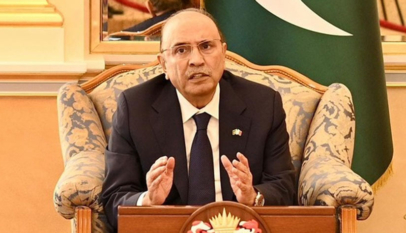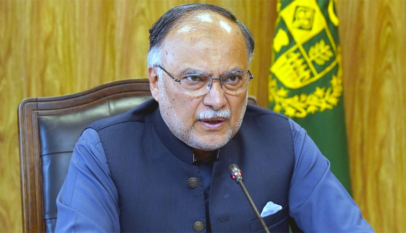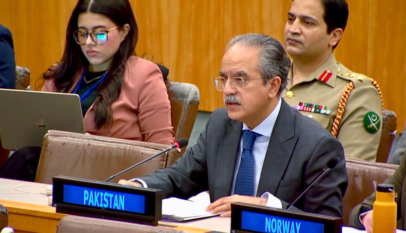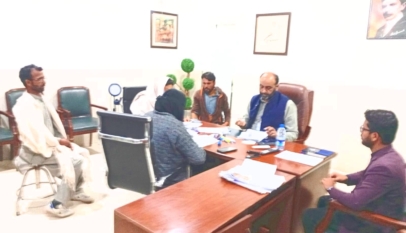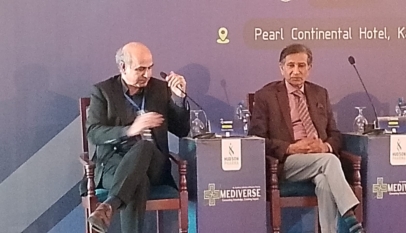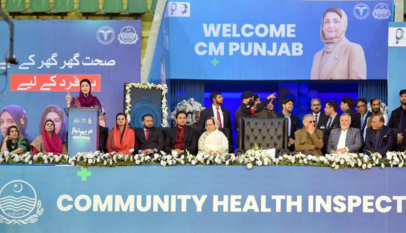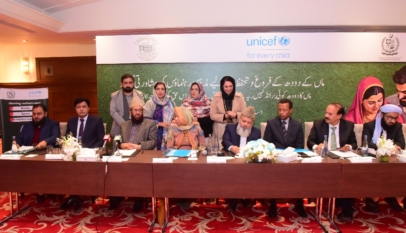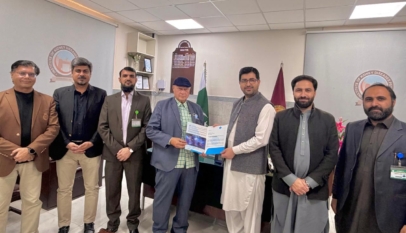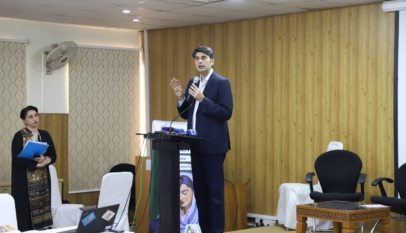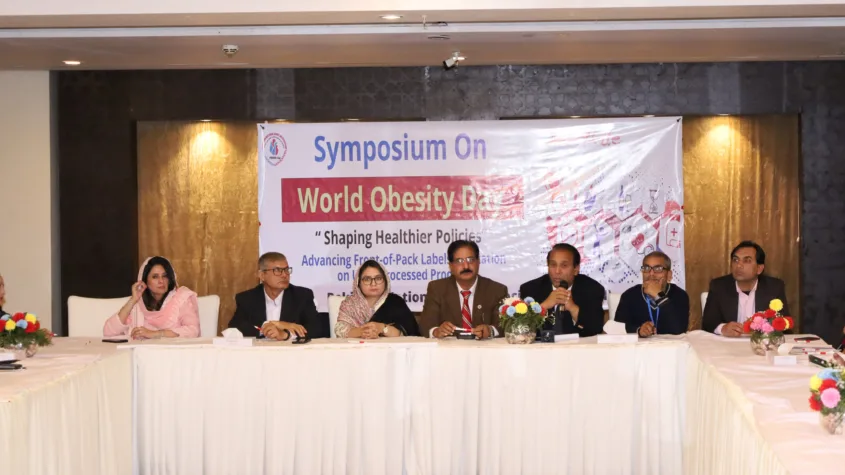
The overweight, obesity and diet related NCDs are on alarming rise in Pakistan. More than 40% of people in Pakistan are obese or overweight. The prevalence of overweight among the children under 5 has almost doubled from 2011 to 2018. The obesity and overweight increased in women of reproductive age from 28% to 38% in five years. Ultra-processed products often high in sugar, salt or trans-fats are among the major contributors to obesity and many other non-communicable diseases. Government must take immediate policy actions to reduce the obesity and NCDs in Pakistan. This was said in a symposium on world obesity day organized by Pakistan National Heart Association (PANAH) at a local hotel in Islamabad brought together the distinguished experts, health professionals, policy makers, civil society and media.
Speakers delved into policies aimed at reducing the consumption of ultra-processed products with a special focus on higher taxes and enactment of FOPWLs on products high in nutrients of concern like salt, sugar, fats, or having any amount of non-sugar sweeteners. Taxing ultra-processed foods is a triple win for government as it reduces the obesity and other risk factors of non-communicable diseases, generate additional revenue, and policy has low or no cost for the government. The speakers urged Ministry of Finance of Pakistan and International Monitory Fund as well to increased FED on unhealthy foods instead of fuel, energy and salaried class. In addition, the revenue collected from taxes must be earmarked for public health and nutrition programs. Speakers also stressed on adopting the holistic policy approach including regulating transfats in all foods, marketing restrictions and imposing Front of Pack Warning Labels and on ultra-processed products. They said that enactment of FOPWLs will empower consumers to adopt healthier food choices.
Dr Saba Amjad From Heartfile delivered a keynote address shedding light on modifiable risk factors associated with non-communicable diseases and obesity. He said that overweight and obesity are the key modifiable risk factors for cardiovascular and many other fatal non-communicable diseases. High body mass index (BMI) contributes considerably to NCDs. Unhealthy diets are among the major contributors to obesity. Government shall take immediate policy measures to reduce the risk of obesity in Pakistan. He stressed the need for higher taxes on ultra-processed foods and enactment of Front of Pack Warning labels (FOPWL) to reduce their consumption.
Sanaullah Ghumman briefed the participants about PANAHs campaign on the reduction of the consumption of ultra-processed foods. He said that PANAH is not only working to raise awareness of general public on health harms of ultra-processed foods but also working with policy makers for formulation of effective policies to reduce their consumption. He said that “while Pakistan government is taking several measures to stabilize economy, increasing tax on sugary drinks and taxing other ultra-processed food products is an evidence based and sensible strategy to not only reduce the diseases burden, but also generate significant revenue for the country”.
Other speakers underscored the urgent need for decisive action to combat the escalating burden of non-communicable diseases (NCDs) in Pakistan. They emphasized the importance of a transparent, integrity-driven policy-making process, free from corporate interference, ensuring that no entity with vested interests influences public health and nutrition policies. Civil society leaders urged the government to place public health at the forefront of decision-making.






